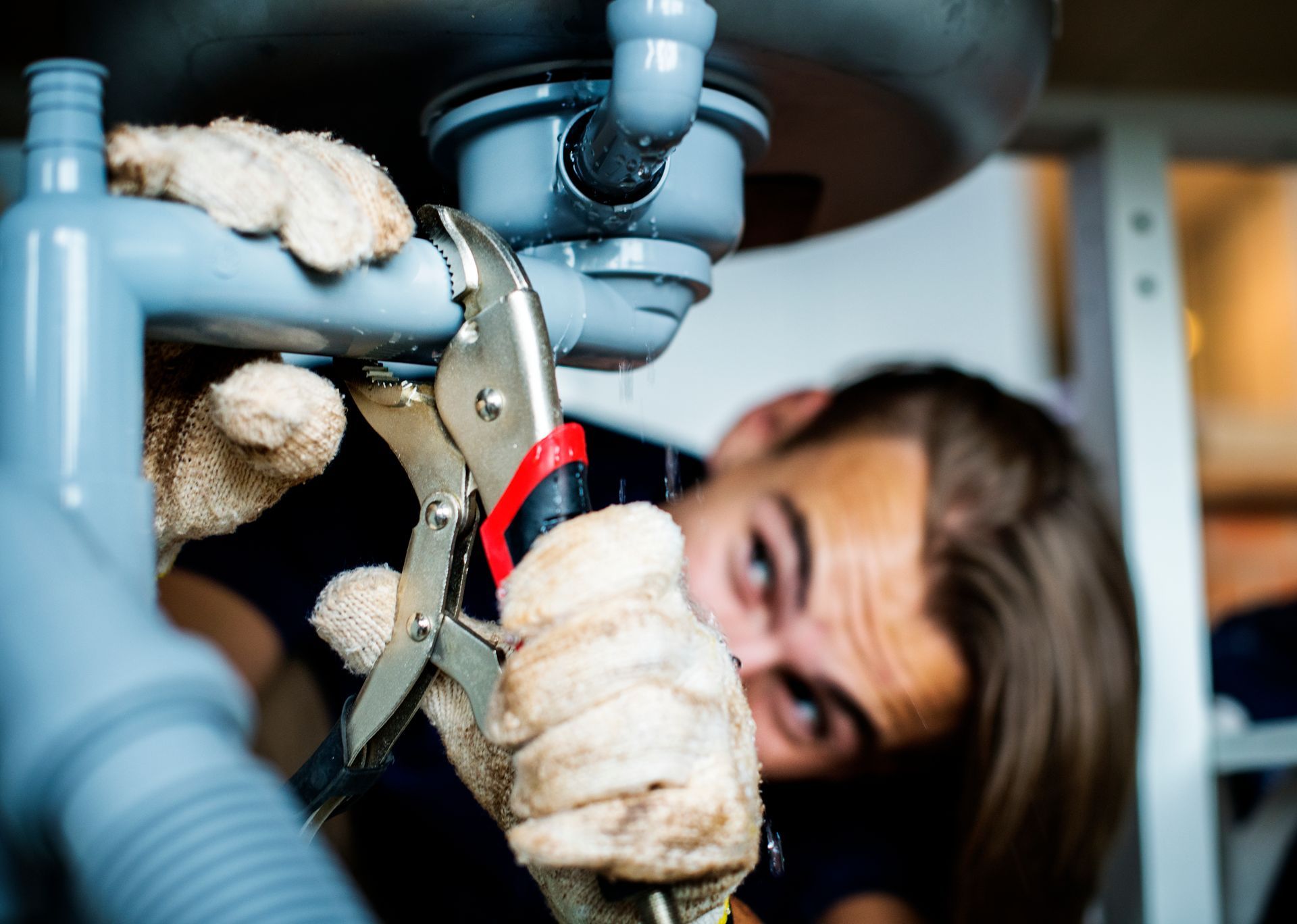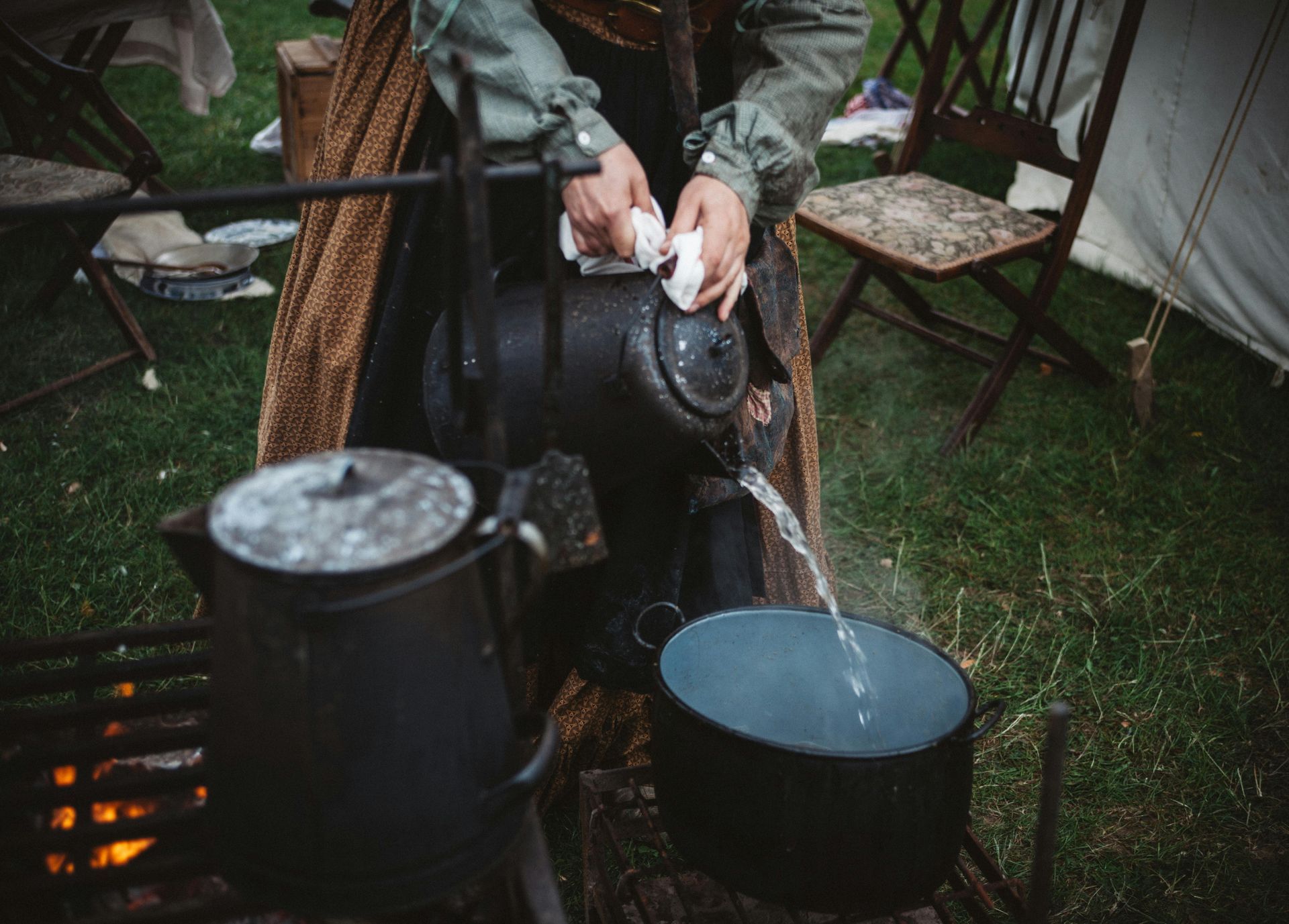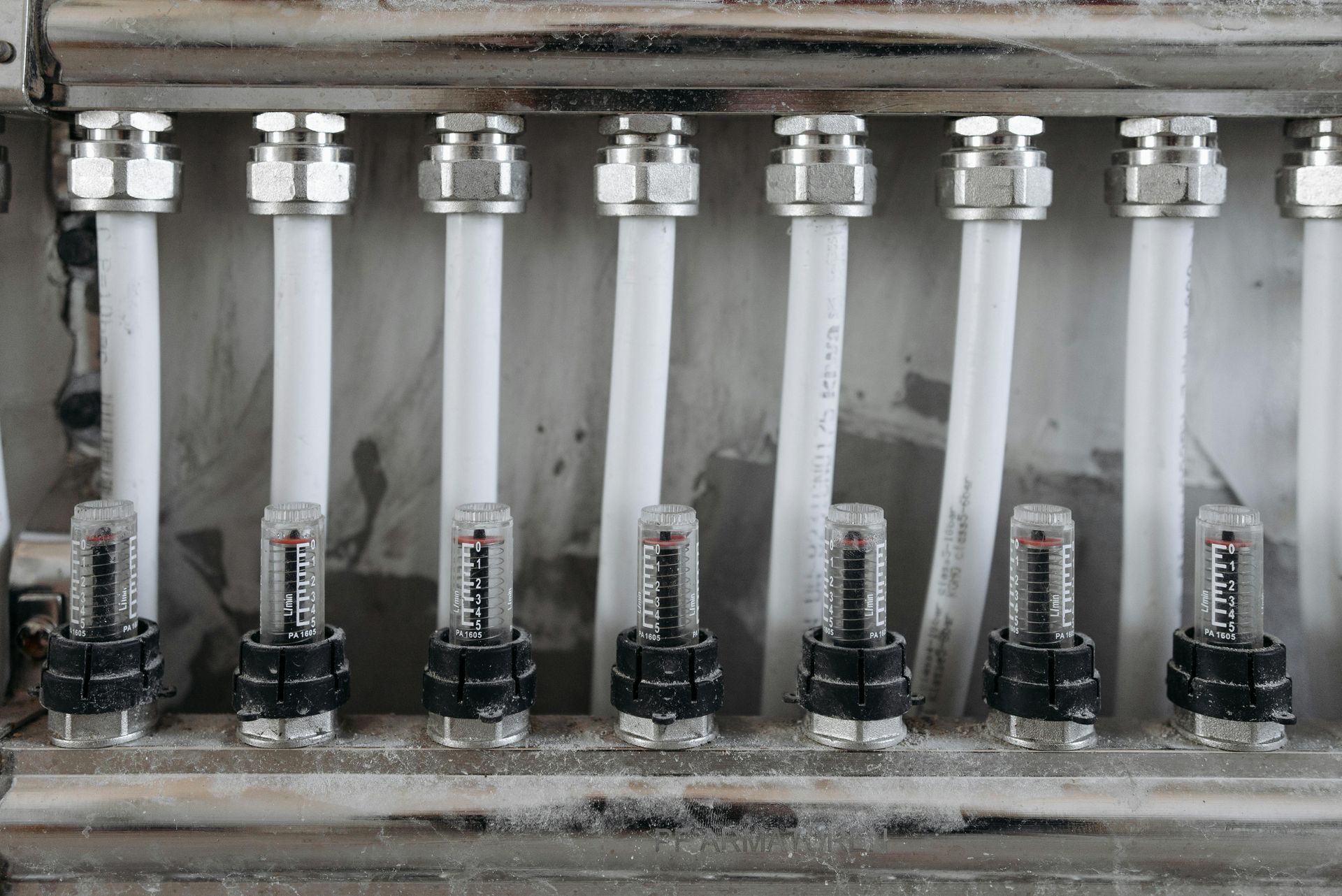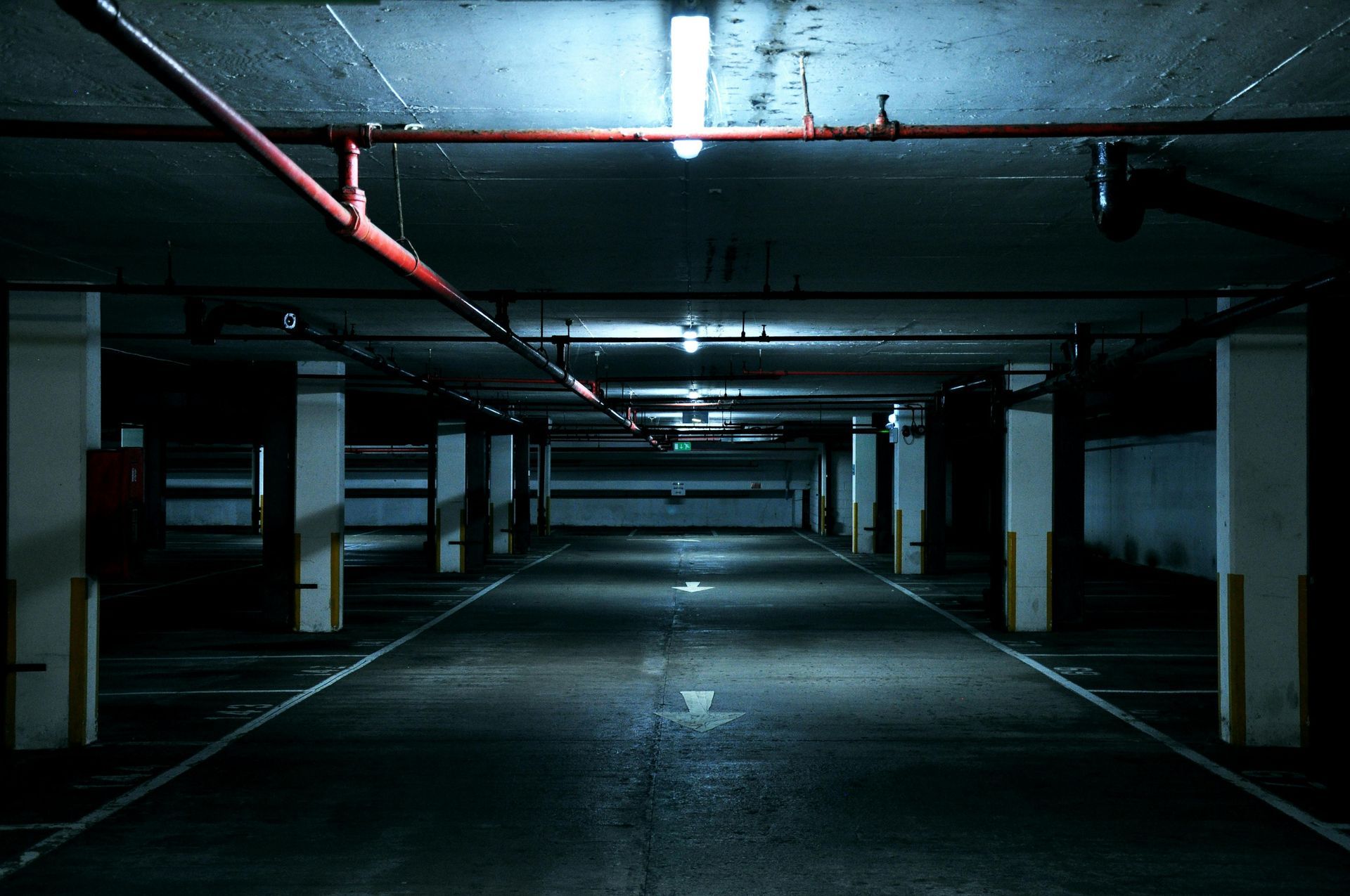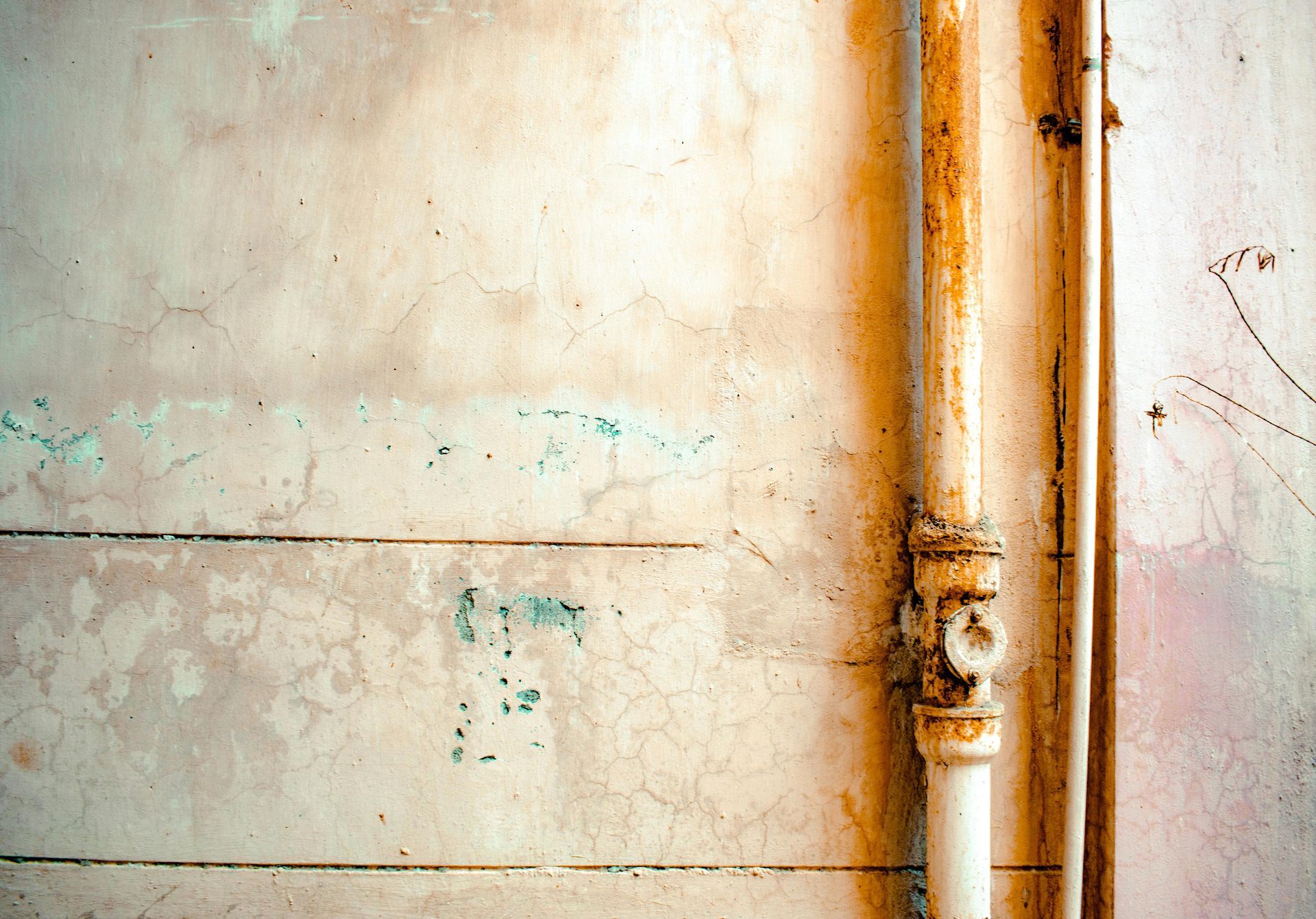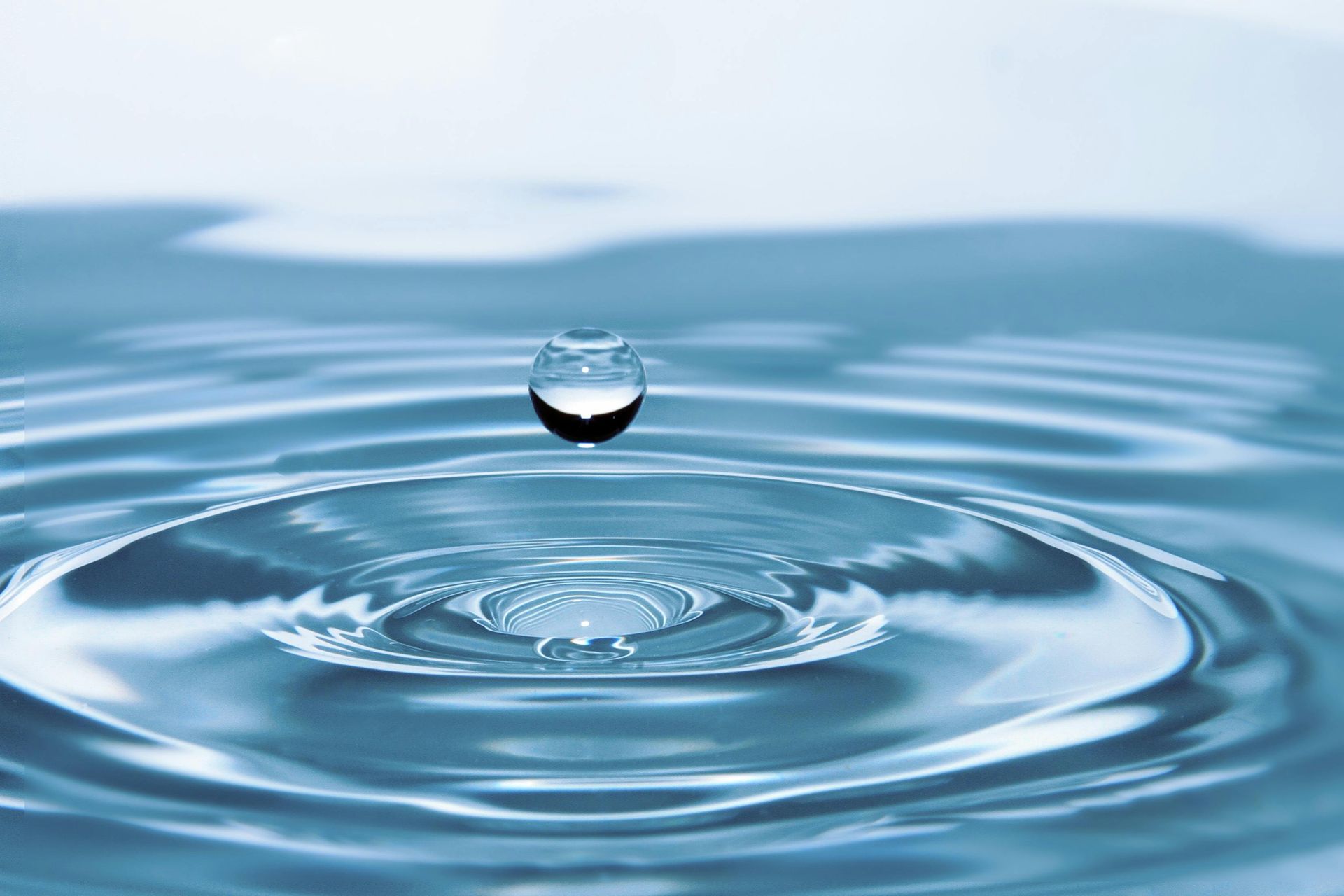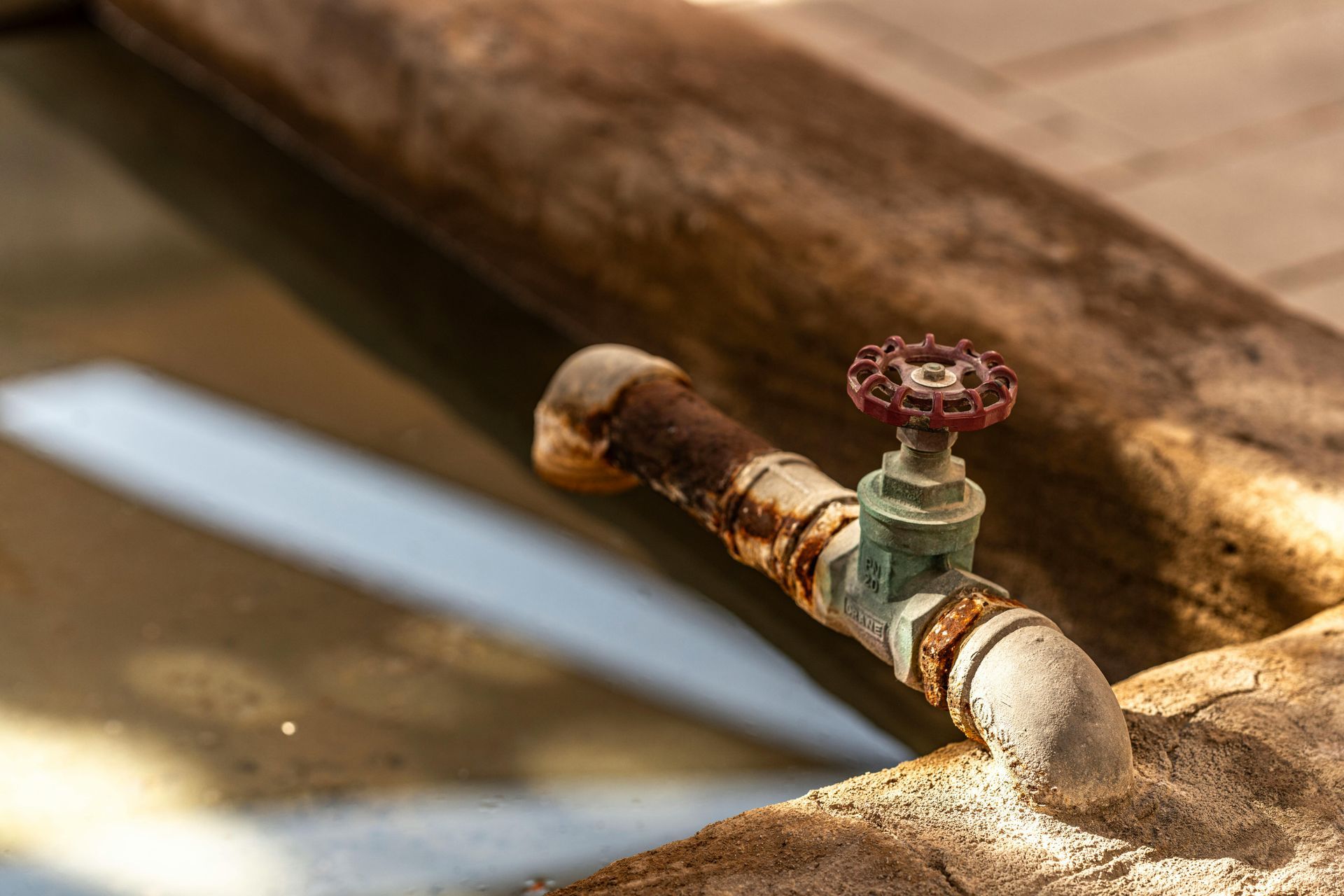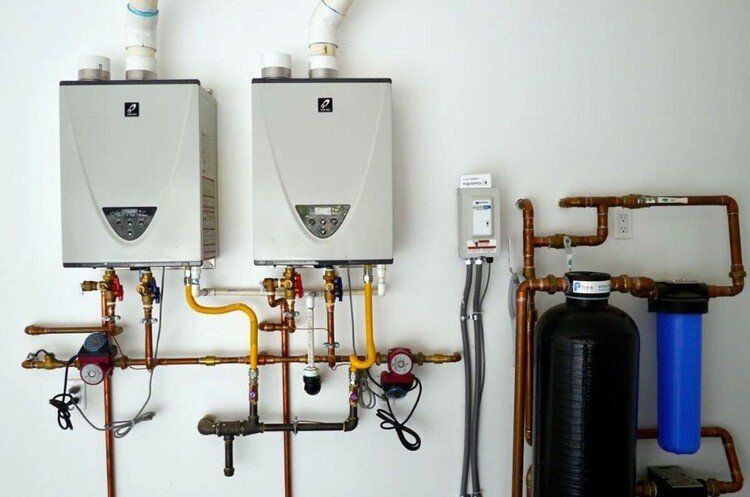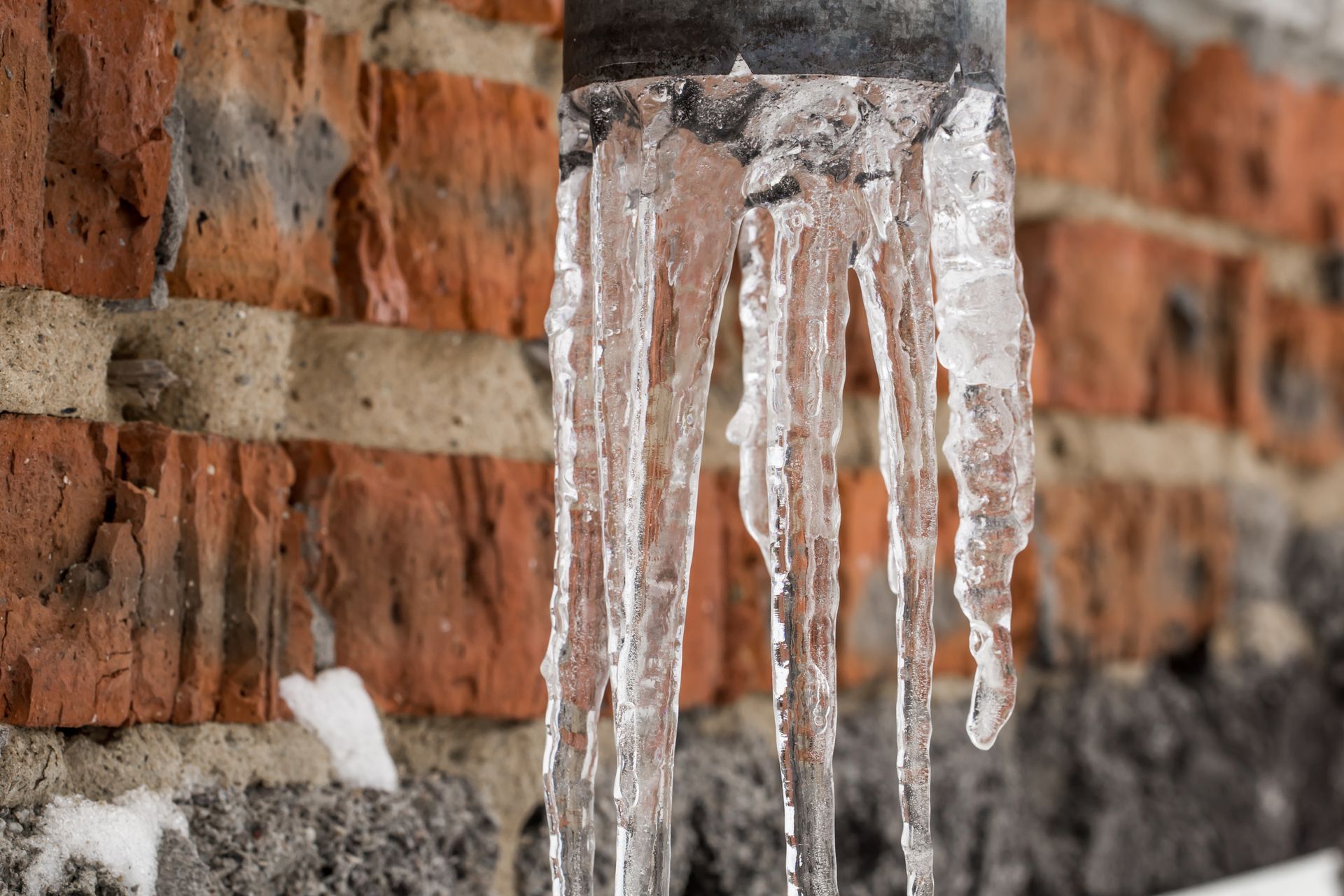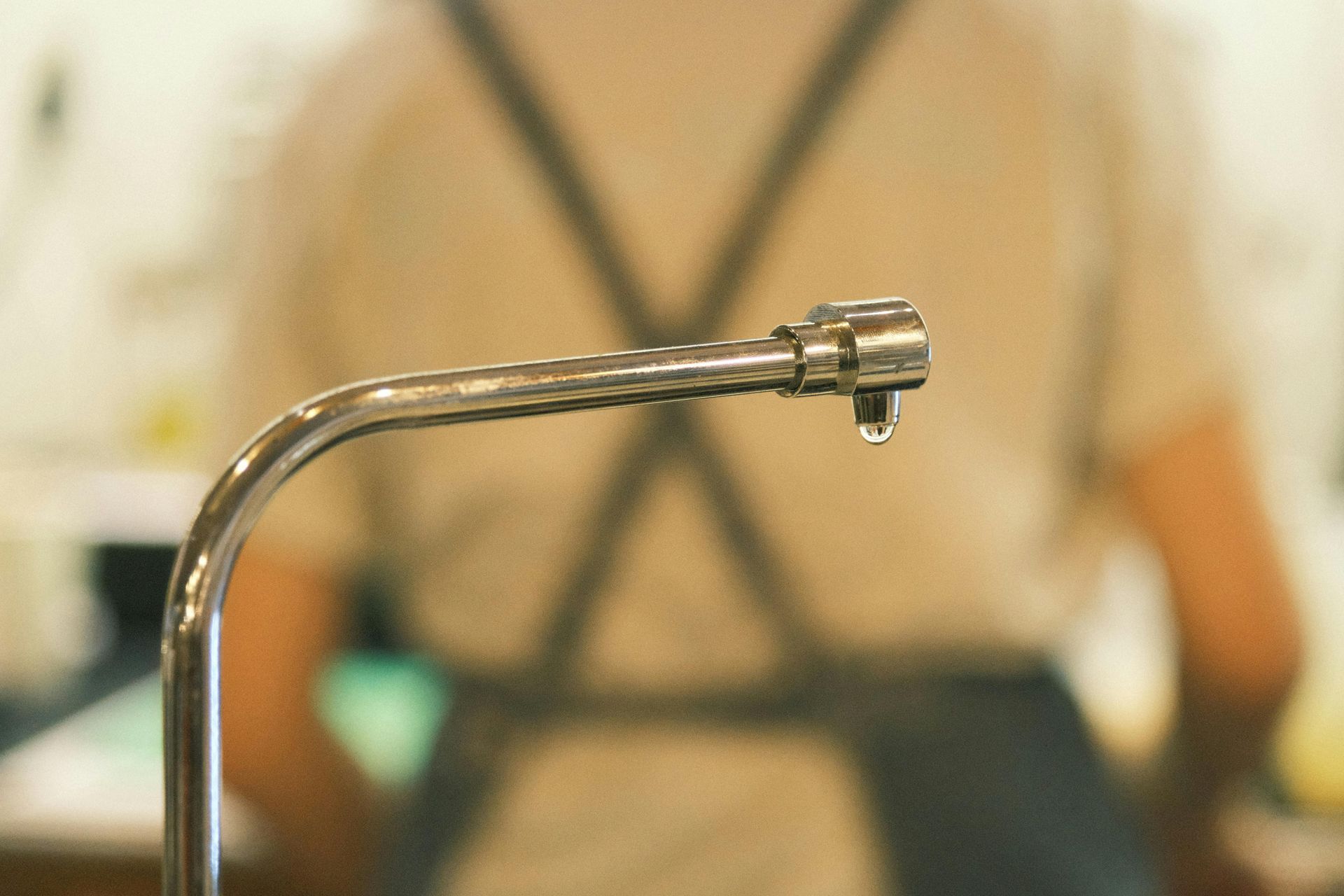The Signs Of Hard Water Damage On Your Plumbing Fixtures
Hard water is a common issue in many households and commercial properties, known for its high concentration of minerals such as calcium and magnesium. While not harmful to health, hard water can cause significant damage to plumbing fixtures over time, leading to costly repairs and reduced system efficiency. Recognizing the signs of hard water damage early is essential for protecting your plumbing investment and maintaining optimal water flow. This article provides an in-depth look at how hard water affects plumbing fixtures, identifying key indicators of damage and emphasizing the importance of professional services like All City Plumbers for effective diagnosis, repair, and preventative maintenance for outdoor faucets and waterlines.
Understanding Hard Water and Its Impact on Plumbing
Hard water contains dissolved minerals, primarily calcium and magnesium, which accumulate gradually in plumbing fixtures and pipes. Unlike soft water, which flows freely without mineral residue, hard water leaves deposits known as limescale. This buildup impacts fixtures such as faucets, showerheads, toilets, and water heaters, impairing both their appearance and functionality.
Limescale deposits can narrow pipes, clog aerators, and cause mechanical parts to wear prematurely. Over time, plumbing fixtures may lose efficiency, resulting in increased water pressure problems, frequent breakdowns, and higher energy bills. For example, limescale accumulation in water heaters can reduce heating efficiency, affecting the performance of both tankless vs. traditional water heaters.
Understanding the gradual and often invisible nature of hard water damage helps homeowners and property managers take timely actions to maintain their plumbing systems’ health before more serious problems arise.
Common Signs of Hard Water Damage on Plumbing Fixtures
One of the first signs of hard water damage is the appearance of white or chalky deposits around faucets, showerheads, and drains. These mineral residues can build up externally on surfaces and internally in small openings, reducing water flow and causing dripping or uneven spray patterns. You might notice your showerhead’s water pressure weakening or faucets leaking despite being tightly closed.
Stains and discoloration are other telltale signs. Hard water can cause orange or brown stains, especially on sinks, toilets, and bathtubs. These stains are notoriously difficult to remove with standard cleaning methods and indicate mineral infiltration.
Another indication of hard water damage is increased wear and tear on plumbing valves and seals. Over time, the abrasive mineral deposits can cause valves to stick or fail, which may eventually require costly repairs or replacements. Homeowners may also notice increased scaling inside toilet tanks or difficulty flushing due to mineral buildup interfering with internal mechanisms.
If you experience sudden plumbing malfunctions or unexplained leaks, it may be related to mineral-induced corrosion beneath the fixture surfaces. In such cases, professional intervention is crucial, as a minor issue can escalate into a full plumbing emergency. Reliable plumbing companies like All City Plumbers offer emergency services to address such urgent situations promptly.
The Long-term Effects of Hard Water on Plumbing Systems
Extended exposure to hard water can severely impact the longevity of your plumbing infrastructure. Internal scaling narrows pipe diameters, which disrupts water pressure and flow. This narrowing forces your water heater, pumps, and other equipment to work harder, increasing energy consumption and operational costs.
Fixtures subjected to continuous hard water exposure may require frequent replacement, adding to homeowner expenses. Pipes with heavy mineral buildup are also at greater risk of cracking or leaking, which could lead to significant water damage within walls or underground in waterlines.
For outdoor plumbing systems, the effects are no less severe. Here, preventative maintenance for outdoor faucets and waterlines is essential to combat seasonal temperature changes and water hardness simultaneously. Neglecting such maintenance may lead to freeze damage compounded by mineral deposits, resulting in burst pipes or faucet failure.
How to Prevent and Manage Hard Water Damage
Preventing hard water damage involves a combination of water treatment solutions and routine plumbing maintenance. Installing water softeners or conditioning systems can significantly reduce the mineral content in your water supply, minimizing limescale buildup.
Regular cleaning of faucets, showerheads, and aerators with vinegar or descaling agents can help dissolve early mineral deposits before they cause major blockages. However, care must be taken to avoid harsh chemicals that might damage fixture finishes.
Professional plumbing maintenance is indispensable for long-term prevention and repair. Skilled plumbers such as All City Plumbers conduct thorough inspections, apply descaling treatments, and recommend upgrades to minimize damage. Regular check-ups are particularly important for mitigating harder-to-see issues like mineral accumulation inside pipes and valves.
During inspections, plumbers can also identify related plumbing problems stemming from hard water, including leaks, corrosion, and water heater inefficiencies. Prompt management of these issues reduces the likelihood of emergency services being needed, saving both time and money.
Conclusion
Recognizing and addressing the signs of hard water damage on plumbing fixtures is crucial to preserving the functionality and lifespan of your plumbing systems. White mineral deposits, stains, decreased water pressure, and leaking valves are indicators that your fixtures may be suffering from the effects of hard water.
Proactive measures, such as installing water softeners and performing routine maintenance, complemented by professional support from experts like All City Plumbers, greatly reduce the risk of expensive repairs and emergency plumbing issues.
For outdoor plumbing infrastructure, incorporating preventative maintenance for outdoor faucets and waterlines is equally vital to protect against seasonal stress and hard water effects.
By understanding how hard water impacts your plumbing fixtures and knowing when to seek professional assistance, you ensure your plumbing remains reliable, efficient, and long-lasting.

